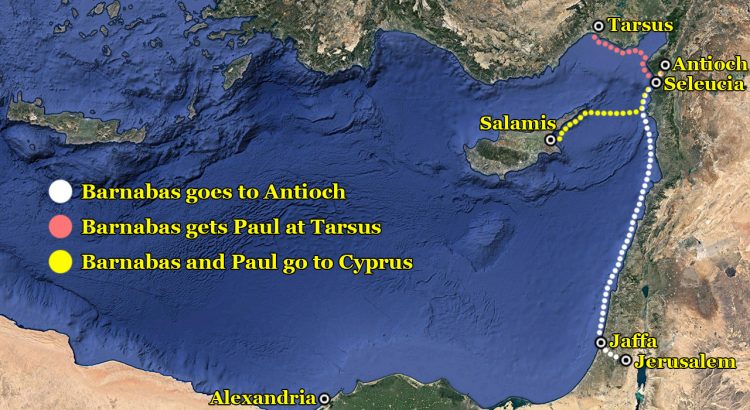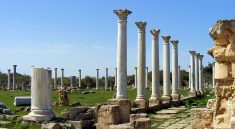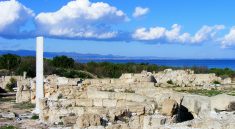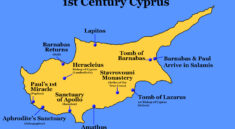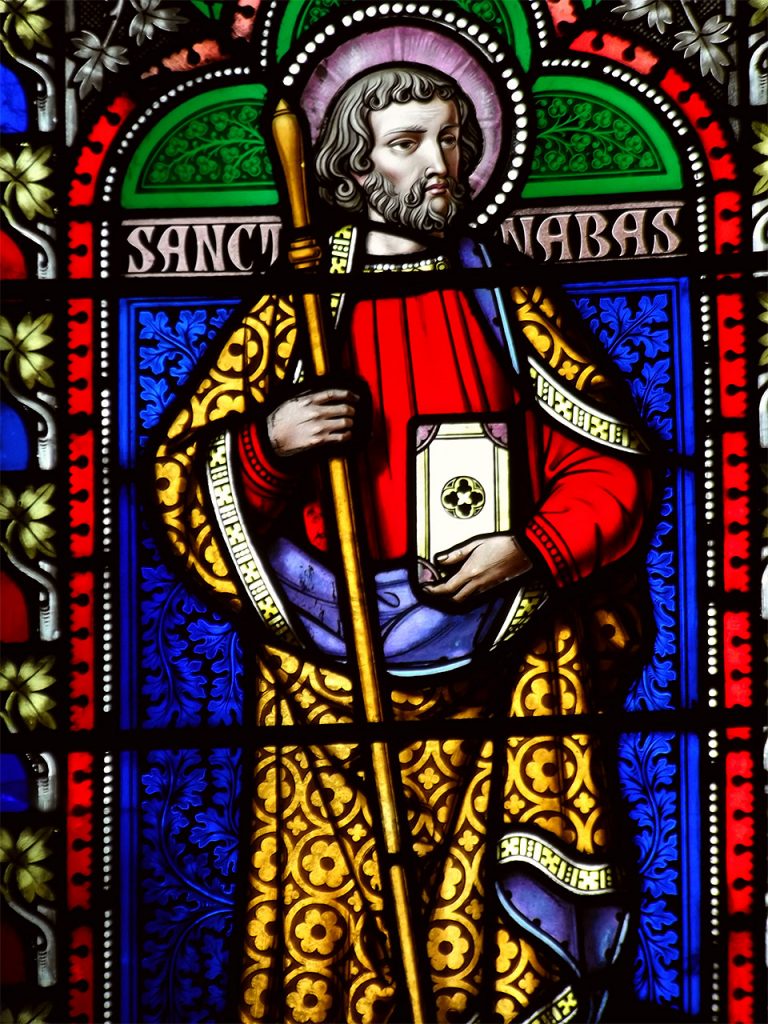
So great was the rate of conversion to Christianity at Antioch, that news soon reached the Church of Jerusalem, and Barnabas was dispatched to Antioch to authenticate the rumors. The proselytizing fervor of the Christians from Cyprus and Cyrene met with unprecedented success, “a great number of people were brought to the Lord” [Acts 11:24].
Acts 6:1 states that not only Stephen but 6 others were chosen by the apostles to deal with the needs of the growing numbers of people who
The ancient city of Antioch had an eclectic population of Jews and Greeks who would come together to create a major Christian Church center and would be the seat of the Patriarch of Antioch, one of the four equal patriarchs of the early Christian church.
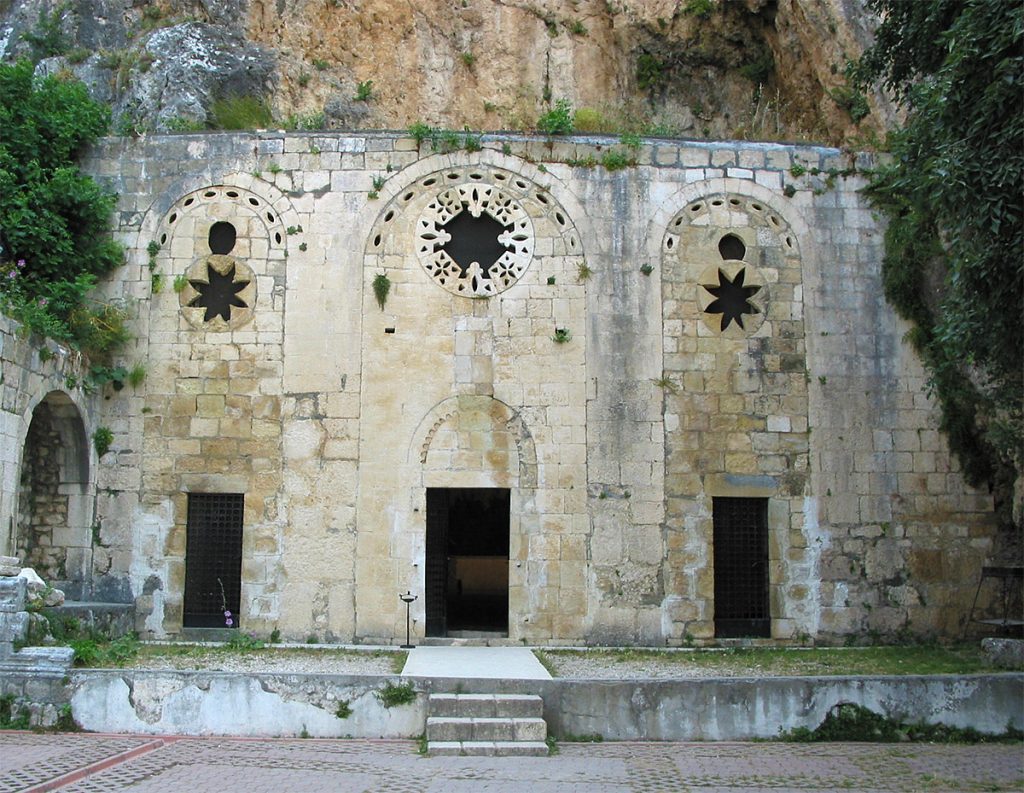
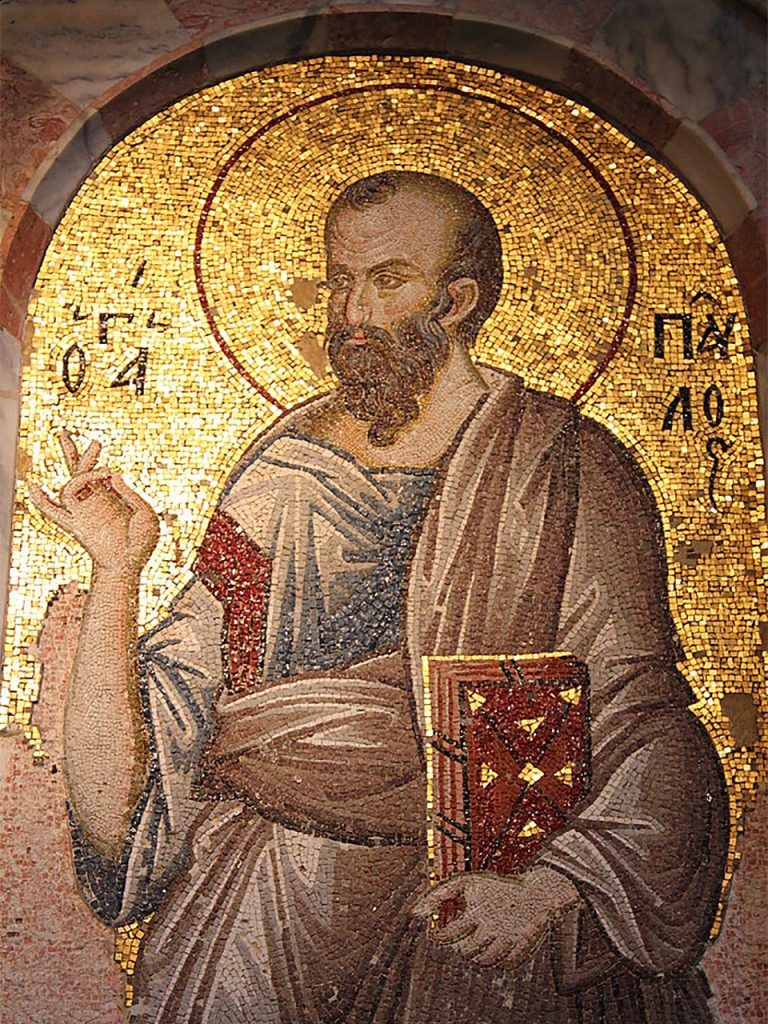
There Barnabas found the reports to have been true and rejoiced in the Lord’s grace for some time before leaving for Tarsus, most probably by sea, to find Saul and bring him back to carry out the divine work. It should be remembered that it was Barnabas himself who first introduced Saul to the Elders of the Jerusalem Church in Acts 9:27, and now, once again, Barnabas sought to “bring an active useful man out of obscurity” and to “tell him what a door of opportunity was opened at Antioch” [Matthew Henry – Acts 11].
Upon their return to Antioch, the pair spent an entire year proselytizing to both the city’s Jews and Gentiles, and it was there, at some stage during this year, that the term Christian was first applied to the Followers of the Way.
This was a monumental development for the Faith, since it nullified the distinction between Jewish Follower and Gentile Follower, and instead enabled ALL Followers of the Way, regardless of previous beliefs, to proclaim themselves as equal Christians.
As Matthew Henry points out: “They took their denomination not from the name of his person, Jesus, but of his office, Christ-anointed, so putting their creed into their names, that Jesus is the Christ.”
Following their year of missionary work and preaching to the Christians of Antioch, one day, while they were worshiping the Lord and fasting “the Holy Spirit said: ‘Set apart for me Barnabas and Saul for the work to which I have called them.’ “ [Acts 13:2]
“The two of them, sent on their way by the Holy Spirit, went down to Seleucia and sailed from there to Cyprus.”
[Acts 13:4]
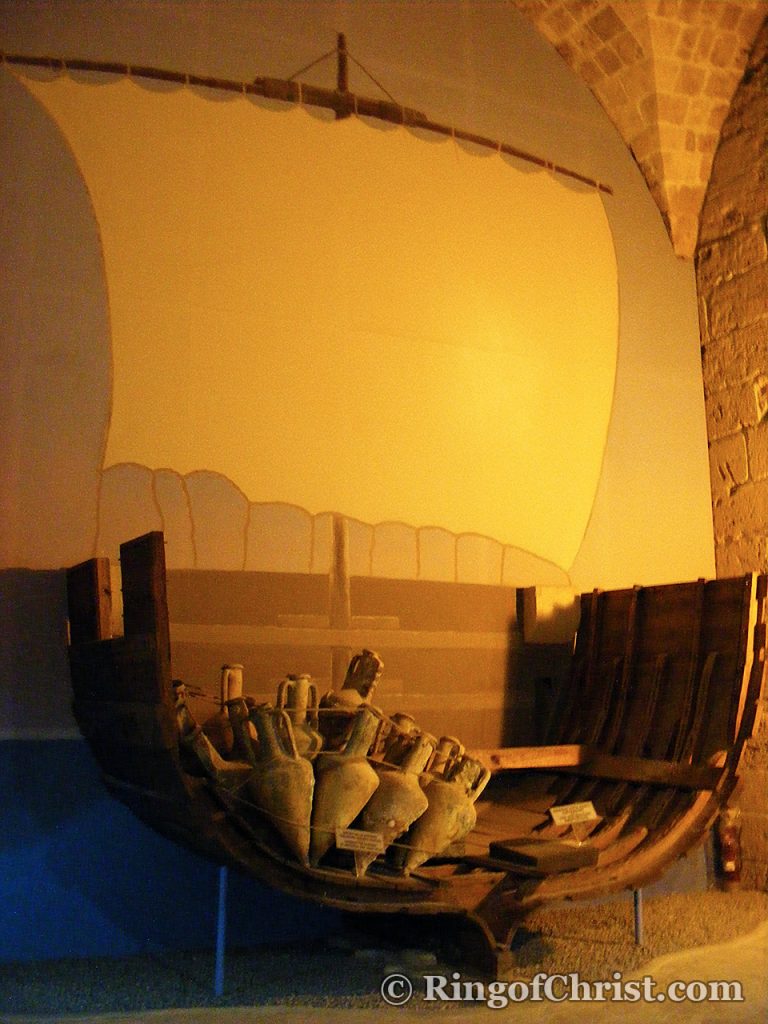
At this time, both Seleucia and Salamis were amongst the region’s main cargo ports and centers of international trade, and there was doubtlessly much coming and going between them. There is also little doubt that those who journeyed to Antioch from Cyprus in Acts 11:20 would have traveled between these two ports, taking advantage of the frequent shipping traffic.
